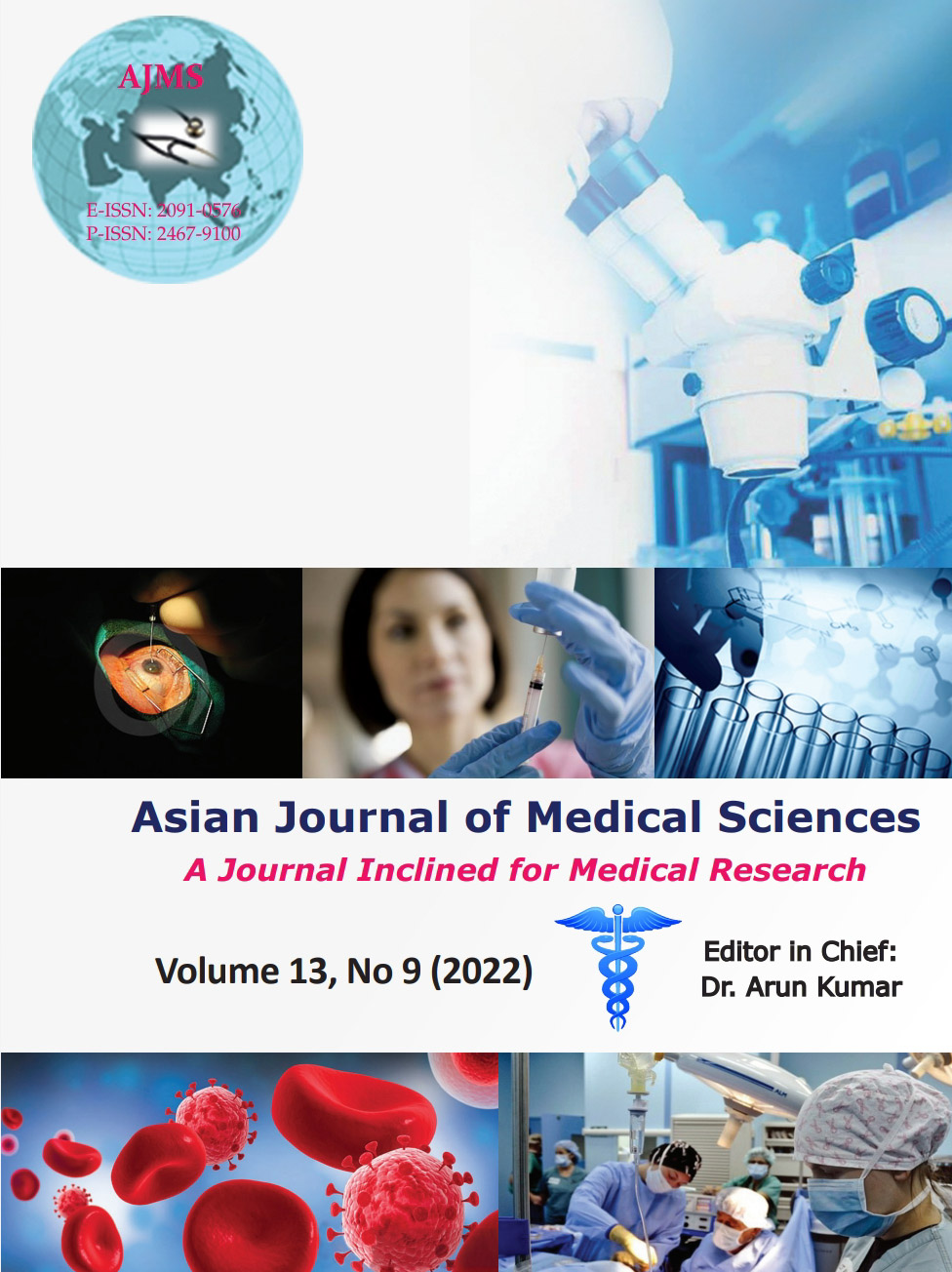A comparison of burden of care in caregivers of patients with schizophrenia and obsessive-compulsive disorder
Keywords:
Caregiving; Burden; Schizophrenia; Obsessive-compulsive disorderAbstract
Background: Schizophrenia and obsessive-compulsive disorder (OCD) are two common and chronic psychiatric illnesses known to be associated with a considerable burden of caregiving. Various sociodemographic and clinical variables can influence the caregiving experience of the caregivers of these patients.
Aim and Objectives: The present study aims to assess the burden of care, with the help of a well-standardized tool, and its relationship with different factors related to the caregivers.
Materials and Methods: After obtaining the ethical approval from the Institutional Ethical Committee, a total of 50 adult caregivers with their patients with OCD as well as 50 caregivers with their patients with schizophrenia were enrolled on the study. The burden assessment schedule (BAS) was the principal tool to assess the burden of care in the caregivers of both patient groups.
Results: The majority of the caregivers were male in both study groups. Both the study groups were comparable in terms of all sociodemographic variables except education and occupation. An education level of high school and above was found in a significantly higher number of the caregivers of patients with the OCD than those with schizophrenia (76% vs. 34%; χ2= 25.76; P<0.001). A significantly higher number (70% vs. 42%, χ2=8.227, P<0.05) of caregivers of patients with schizophrenia were unemployed. Both groups were comparable in terms of the overall burden of care (i.e., total BAS score), but the caregivers of patients with schizophrenia had a significantly higher mean score of the burden in the domain “caregiver’s routine” (8.92±1.82 vs. 8.08±1.85; t=2.291; P<0.05) and in the domain “taking responsibility” (11.0±0.50 vs. 10.08±0.94; t=6.103; P<0.001) than the caregivers of patients with OCD.
Conclusion: The burden of care in the caregivers of patients with the OCD was not less than that in patients with schizophrenia in almost all of its domains except the burden of caregiver’s routines and taking responsibilities which were higher than the caregivers of patients with schizophrenia. There is a need for the development of educational inputs and support programs for these caregivers based on their local needs.
Downloads
Downloads
Published
How to Cite
Issue
Section
License
Copyright (c) 2022 Asian Journal of Medical Sciences

This work is licensed under a Creative Commons Attribution-NonCommercial 4.0 International License.
Authors who publish with this journal agree to the following terms:
- The journal holds copyright and publishes the work under a Creative Commons CC-BY-NC license that permits use, distribution and reprduction in any medium, provided the original work is properly cited and is not used for commercial purposes. The journal should be recognised as the original publisher of this work.
- Authors are able to enter into separate, additional contractual arrangements for the non-exclusive distribution of the journal's published version of the work (e.g., post it to an institutional repository or publish it in a book), with an acknowledgement of its initial publication in this journal.
- Authors are permitted and encouraged to post their work online (e.g., in institutional repositories or on their website) prior to and during the submission process, as it can lead to productive exchanges, as well as earlier and greater citation of published work (See The Effect of Open Access).




